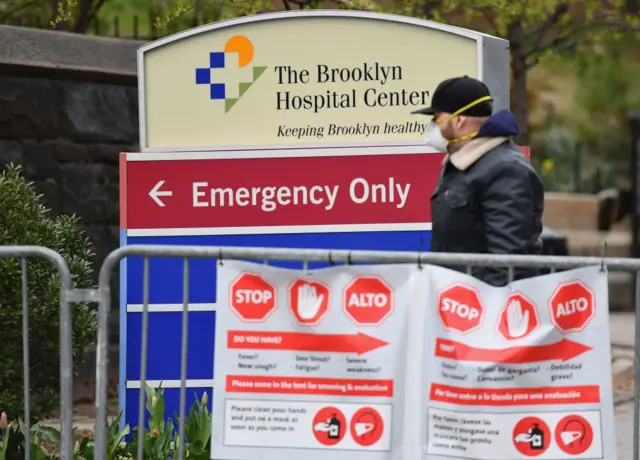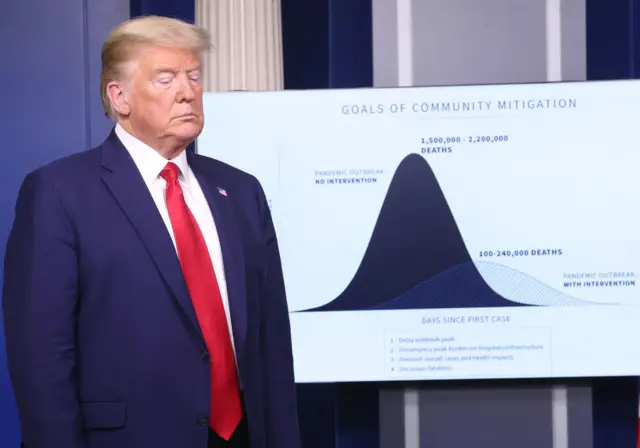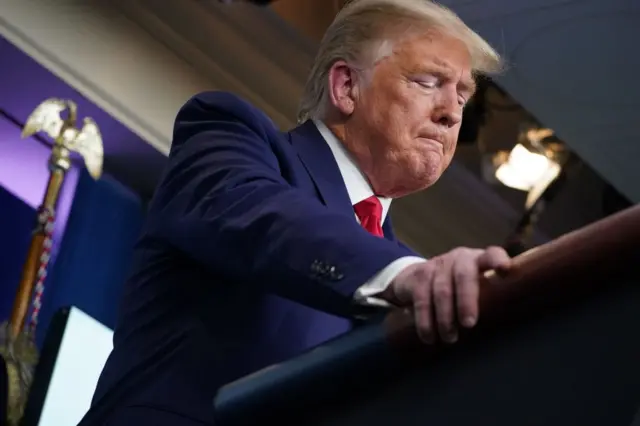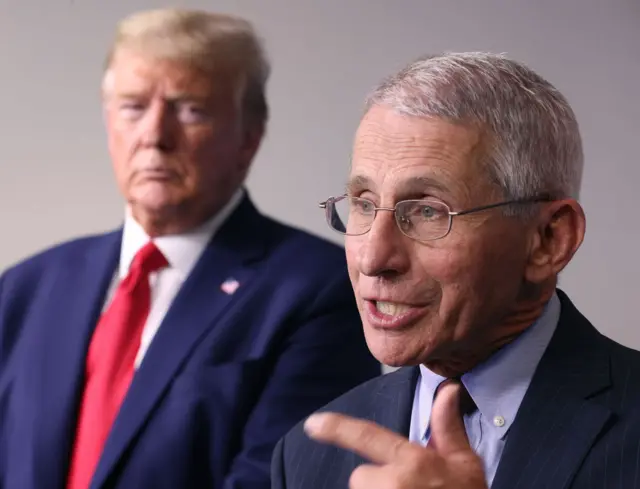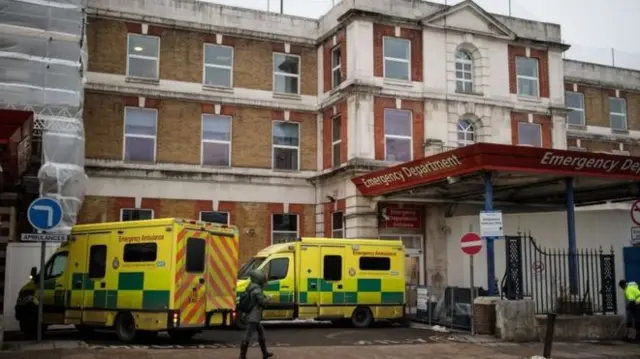That's it for nowpublished at 00:59 BST 1 April 2020
Thanks for staying with us - we're now wrapping up our live coverage of the coronavirus outbreak across the globe.
Some of the key developments from Tuesday:
- Global cases of coronavirus surpassed 850,000, with 42,000 dead. Meanwhile, more than 177,000 people have recovered
- The death toll in the US passed the figure reported in China, where the outbreak began. At least 3,400 have died
- The White House says about 100,000 to 240,000 deaths are expected in the US due to the outbreak, with President Trump warning of a "very, very painful two weeks"
- A 13-year-old boy is thought to be the UK's youngest victim of the coronavirus outbreak. Ismail Mohamed Abdulwahab, from Brixton in south London, died in hospital early on Monday
- A UK government minister said the country has to go "further, faster" to ramp up its testing capacity for coronavirus
- Stock markets around the world suffered historic losses in the first three months of the year amid a massive sell-off tied to the coronavirus
Join us again on Wednesday when we'll be back to bring you the latest developments, updated analysis and key information to help you keep safe and healthy.

